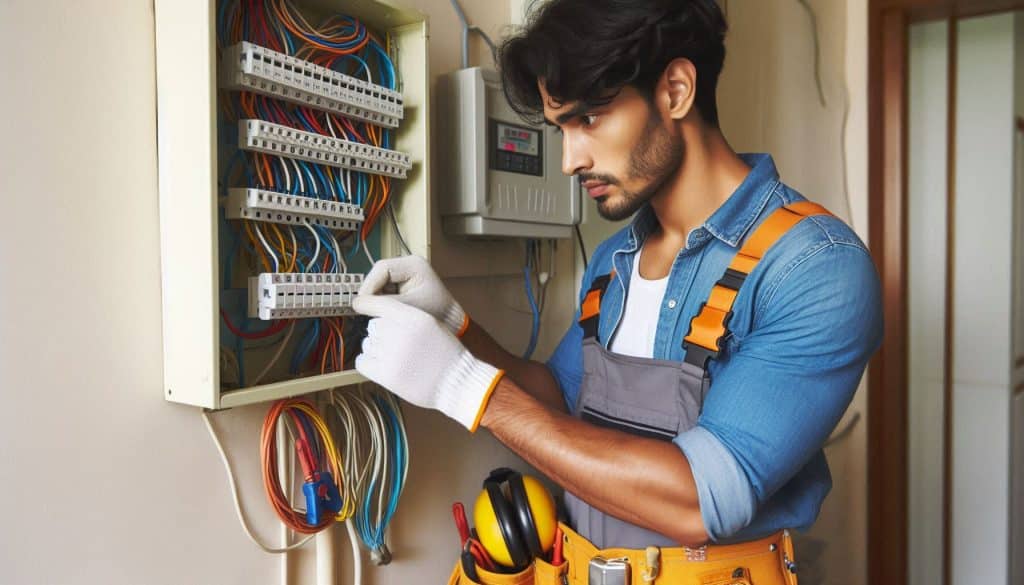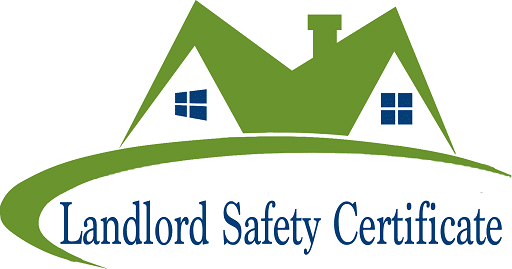
If you’re a landlord in London, ensuring your property meets electrical safety standards is not only a legal obligation but also a critical factor in tenant safety and satisfaction. One of the essential steps in fulfilling your landlord legal obligations is preparing for an Electrical Installation Condition Report (EICR). This blog provides expert EICR preparation advice and electrical safety tips for landlords in London, helping you get inspection-ready while avoiding costly delays or remedial work.
An EICR (Electrical Installation Condition Report) is an in-depth assessment of your property’s electrical system. It ensures all electrical installations—wiring, sockets, fuse boards, and fixed appliances—are safe and comply with current regulations (BS 7671). As of April 2021, EICRs are legally required for all rental properties in England, including London, and must be renewed every five years or at the start of a new tenancy.
Failing to obtain a valid EICR could lead to severe penalties, including fines of up to £30,000. That’s why thorough EICR preparation is vital.
Good preparation can mean the difference between passing the inspection and facing expensive repairs. A professional electrician will evaluate your entire electrical system, and if faults or safety hazards are found, you’ll be required to fix them within 28 days (or sooner if the issue is severe). That can delay tenancy agreements and cost you more money.
EICR preparation ensures you’re ready for inspection day, increasing the chances of receiving a “Satisfactory” report the first time.
Before you call a certified electrician, conduct a basic visual check throughout your property. Look for obvious signs of wear and tear, such as:
• Damaged plug sockets or switches
• Loose or exposed wires
• Burn marks near outlets or appliances
• Outdated consumer units (fuse boxes)
Addressing these visible issues early is a key electrical safety tip for landlords that can help you avoid failing your EICR.
Ensure that all fixed electrical appliances (like ovens, extractor fans, and electric heaters) are in working order. Turn everything on to see if it functions correctly. If you provide white goods like fridges or washing machines, verify that their connections are secure.
Also, make sure lights, sockets, and switches throughout the property are working and undamaged. If anything flickers, sparks, or fails to power on, have it repaired before the inspection.
Many London properties still have outdated fuse boards (consumer units) without RCD protection. RCDs (Residual Current Devices) are now mandatory as they prevent electrical shocks and reduce fire risk.
If your fuse board doesn’t meet current safety regulations, it will result in an “Unsatisfactory” EICR. Upgrading in advance is an important part of EICR preparation that protects your tenants and keeps your property compliant.
Overloaded extension cords or multi-plug adaptors can raise red flags during an inspection. Replace these with properly wired additional sockets or move heavy-load appliances to separate circuits.
As part of your electrical safety tips for landlords, it’s wise to educate tenants about avoiding overloading sockets, especially in kitchens and entertainment areas.
Earthing and bonding are critical components of a safe electrical system. They prevent electrical shocks and ensure the circuit breaker functions correctly in an emergency.
Check if the main water and gas pipes are properly bonded with thick green-and-yellow wires. If you’re unsure, ask your electrician to confirm and update this during the inspection if necessary.

Only use a qualified electrician registered with a recognized body like NICEIC, NAPIT, or ELECSA. This ensures your EICR is valid and carried out to the highest standards.
Hiring a professional is one of the most critical electrical safety tips for landlords, especially in London where enforcement is strict, and tenant expectations are high.
Make sure the electrician can easily access the:
• Consumer unit (fuse board)
• Electrical meter
• All plug sockets
• Hard-wired appliances
• Loft or basement wiring (if applicable)
Remove any furniture or clutter that blocks access. This small but important step can make your EICR preparation much smoother and faster.
If this isn’t your first inspection, keep past EICRs, invoices for electrical repairs, and installation certificates ready. This documentation shows a history of proactive maintenance, which helps build trust and may streamline your inspection.
For new landlords in London, maintaining these records is not just smart—it’s often required for insurance and legal compliance.
Plan your EICR inspection before a new tenant moves in or during a tenancy gap. This avoids disrupting tenants and allows you to complete any remedial work without complaints or access issues.
If you must inspect during a tenancy, give tenants proper notice (at least 24 hours in writing), and try to coordinate a convenient time.
Even with the best EICR preparation, unexpected issues can arise. Have a plan in place to quickly address any problems the inspector identifies. Budget for potential costs and line up a trusted electrician in advance so you can resolve problems within the required 28-day timeframe.
Understanding the codes used in EICR reports helps landlords take the right action:
• C1 – Danger Present: Immediate action required.
• C2 – Potential Danger: Urgent action recommended.
• C3 – Improvement Recommended: Not essential but may be needed for future compliance.
• FI – Further Investigation Required: Unclear issue; needs deeper testing.
An electrical safety tip for landlords is to address C1 and C2 issues immediately to avoid legal risks and tenant complaints.
In addition to national laws, many London boroughs have selective or additional licensing schemes that require extra documentation, including valid EICRs. Always check with your local council for any extra requirements.
For example:
• Camden, Newham, and Waltham Forest require stricter inspections for HMOs.
• Some councils require EICRs uploaded during landlord licensing applications.
Preparing for an electrical inspection might seem daunting, but with the right EICR preparation steps, London landlords can ensure compliance, protect their investments, and offer safer homes to tenants. Following these electrical safety tips for landlords can save money, prevent legal trouble, and build a positive reputation in the rental market.

